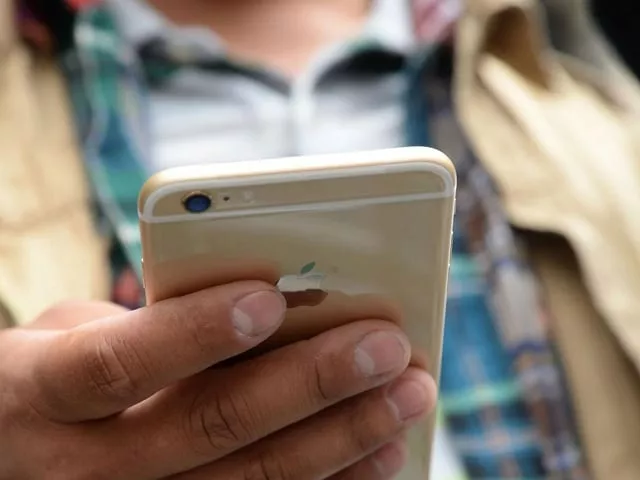Phone camera may replace labs in novel testing approach
Researchers seeking faster, more convenient options for ramping up coronavirus testing
The following is a roundup of some of the latest scientific studies on the novel coronavirus and efforts to find treatments and vaccines for Covid-19, the illness caused by the virus.
Phone cameras may replace lab equipment in Covid-19 testing
Researchers seeking faster, more convenient options for ramping up coronavirus testing are looking at a novel approach using a gene-editing technology called CRISPR and smartphone cameras in place of bulky laboratory equipment.
In a paper published on Friday in Cell, a team that includes Jennifer Doudna - this year's co-winner of the Nobel Prize in chemistry - describes a CRISPR-based Covid-19 test in which the swab sample is mixed with an enzyme called Cas13 that can recognise the genetic material of the new coronavirus, plus an extra molecule that becomes fluorescent when cut.
Pakistan’s first national esports tournament to take place in 2021
The mixture is then placed in a device that attaches to smartphones. If the mixture contains genetic material from the virus, the enzyme finds it and slices it - without time-consuming virus-purification steps other tests require.
The enzyme also slices the extra molecule, and the resulting fluorescence is detected by the phone camera as a signal that the virus is present. Smartphone cameras "are about 10-fold more sensitive than lab-based devices in detecting the fluorescence signal fast and reliably within minutes," said co-author Dr Melanie Ott of the Gladstone Institute of Virology at the University of California, San Francisco.
"The cell phone is also portable, widely available and... via GPS can facilitate contact tracing."
Coronavirus mutations linked with Covid-19 severity
Certain mutations in the genetic material of the new coronavirus have "substantial" associations with Covid-19 severity, and "collectively these variants are not rare," US Air Force researchers have found. When they downloaded and analysed the genetic profiles of Covid-19 virus samples obtained from 155,958 patients in an international registry database, they found 17 mutations with more than two-fold greater odds of being associated with higher Covid-19 severity and 67 variants that appeared to be associated with a milder illness that did not require hospitalisation.
"Altogether, 85% of genomes had at least one variant associated with patient outcome," the researchers reported on Thursday in a paper posted on medRxiv in advance of peer review.
CDC shortens recommended quarantine period for coronavirus
They cannot say at this point whether any specific mutation on its own causes milder or more severe disease, only that "in aggregate, these variants are predictive of outcome." Further study is needed, but eventually, the investigators said, "by providing a molecular risk factor for more severe outcomes, these findings could help prioritise limited treatment supplies to those at greatest risk."
Children may be missing vaccinations during the pandemic
If a study from Colorado is any indication, children and adolescents have been missing recommended vaccinations during the pandemic. Researchers there looked at data from the Colorado Immunisation Information System, collected from January 5 to May 2.
Until mid-March, when measures to try to contain the spread of the virus went into effect, the combined weekly number of vaccinations averaged 23,523 per week for babies up to age 2, 6,148 for 3- to 9-year-olds, and 8,318 for children ages 10 to 17. After March 15, the average weekly number of vaccinations dropped by 31% for babies, 78% for 3- to 9-year-olds, and 82% for the older group.
The US Centers for Disease Control and Prevention and the American Academy of Pediatrics recommend that every child continue to receive routine vaccinations during the Covid-19 outbreak.
In a report published on Monday in JAMA Pediatrics, the Colorado study authors noted that they do not yet know the effect of the decrease in vaccinations on future infection rates. Still, they conclude, "public health advocates should consider addressing this drop to avoid the potential for vaccine-preventable diseases."


COMMENTS
Comments are moderated and generally will be posted if they are on-topic and not abusive.
For more information, please see our Comments FAQ